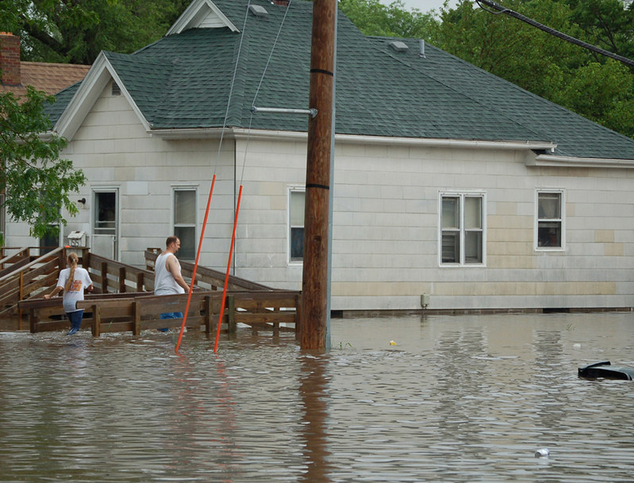Mulch serves many purposes in a well-manicured landscape. Not only does it make planting beds more attractive, it also seals in moisture, keeps weeds from growing, and provides protection from lawn equipment. Organic mulches take these benefits a step further, as they improve the fertility of the soil as they decompose. Here are 6 types of eco-friendly mulch Alpharetta selections to choose from when planning your next landscaping project.
1. Wood Chips
Wood chips, nuggets, or bark are available in either hardwood or softwood varieties. They are dyed in various colors to suit your taste. Hardwood chips work well around trees, shrubs, and perennial beds. Softwoods are made from pine and take a bit longer to decompose than other organic mulches.
2. Straw
If you have a newly seeded lawn, barley, wheat or oat straw is ideal for mulching. It stops the grass seed from being washed away, discourages animals from feeding, and conserves moisture that is necessary for proper germination until it decomposes. However, be sure to not confuse straw with hay when you are mulch shopping because hay has seeds that may sprout like weeds.
3. Shredded Leaves or Grass Clippings
You can apply a thin layer of grass clippings across a vegetable or perennial bed, which can be turned into the soil when the end of the growing season approaches. Be sure to avoid using clippings from lawns that have been treated with any chemicals. Leaf mulch can be used in garden beds and around shrubs and trees.
4. Shredded Newspaper
When mulching with shredded newspaper, be sure that you don’t use any pages with colored ink. Shredded newspaper works well to discourage weeds from growing. Try applying two or three layers of shredded newspaper and then covering it with leaves to hold it in place, since it is so lightweight.
Keeping your garden natural means utilizing organic mulch. It will slowly decompose and release nutrients into the soil while cultivating the structure of the soil itself.




